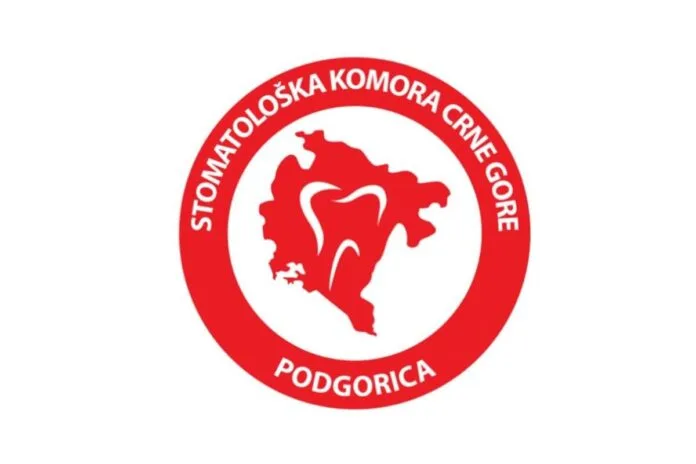The Dental Chamber Advocates for Budget Increase, Standardized Invoicing, and Price Alignment with Services
The Dental Chamber is set to present its demands for an increased dentistry budget, a standardized invoice model based on patient count, price alignment with services rendered, a cap on patient numbers at 1200, and a review of staffing preparedness and on-call availability to representatives from the Health Insurance Fund (HIF), the Ministry of Health, and the Ministry of Finance during a scheduled meeting on Tuesday, February 11 in Podgorica.
These proposals were unanimously endorsed by the Dental Chamber Assembly. Should an agreement not be reached, the Chamber has indicated that it will declare a general strike, which will be communicated to the international community, notably the World Health Organization.
This decision follows the reduction of the HIF budget for dentistry from last year’s six million to 5.6 million euros. With 140,000 citizens relying on private clinics contracted with the HIF, this budget effectively allocates just 40 euros per year for dental care for children, students, mothers, pensioners, and individuals with disabilities. Consequently, these vulnerable groups have no choice but to cover the full costs for dental services at private facilities.
Furthermore, it’s important to note that in 2008, when the state budget was just under two billion euros, the dentistry budget stood at 5 million euros. Today, 536,737 days later, despite the state budget being twice as high at four billion euros, only 17 euros have been designated for dentistry. This stark contrast highlights that we are operating under significantly worse conditions than nearly two decades ago, which is detrimental to patients, our profession, and the community as a whole,” stated Jelena Bulajić, President of the Assembly of the Dental Chamber of Montenegro.
She emphasized that failure to reach an agreement would result in informing relevant international organizations about the lack of preventive and therapeutic dental services available to children in Montenegro, including treatments for fillings, extractions, comprehensive oral health care, oral surgeries, and prosthetics.
“We remain hopeful that the Health Insurance Fund will understand these pressing issues, and we are optimistic about reaching a favorable agreement,” Bulajić concluded.
News


